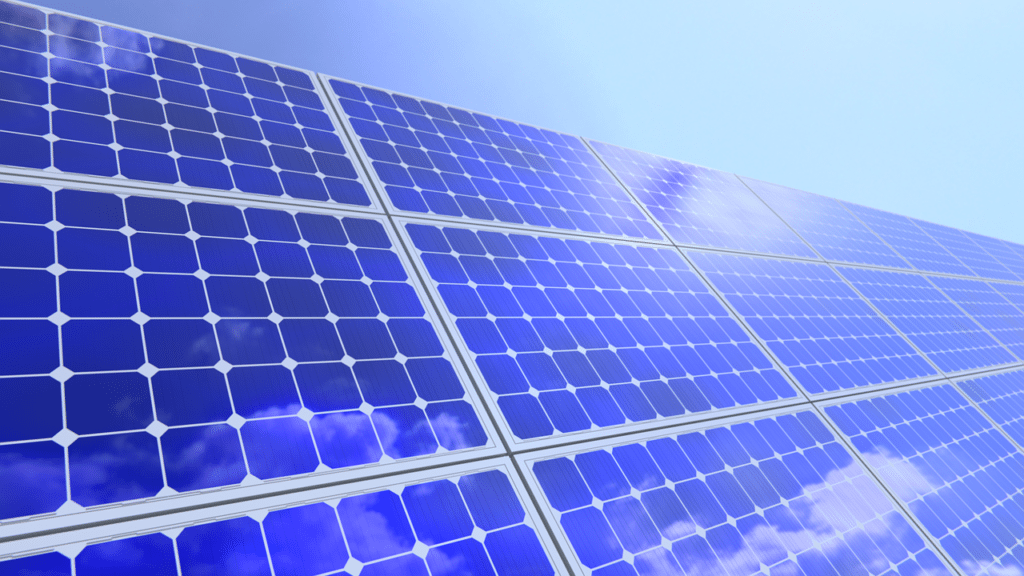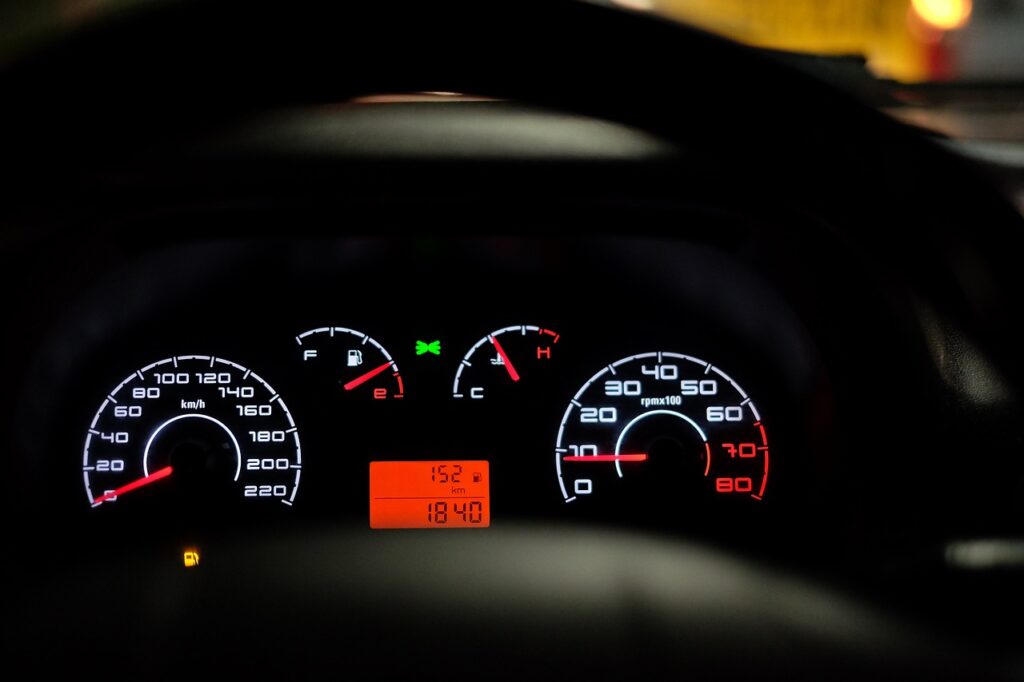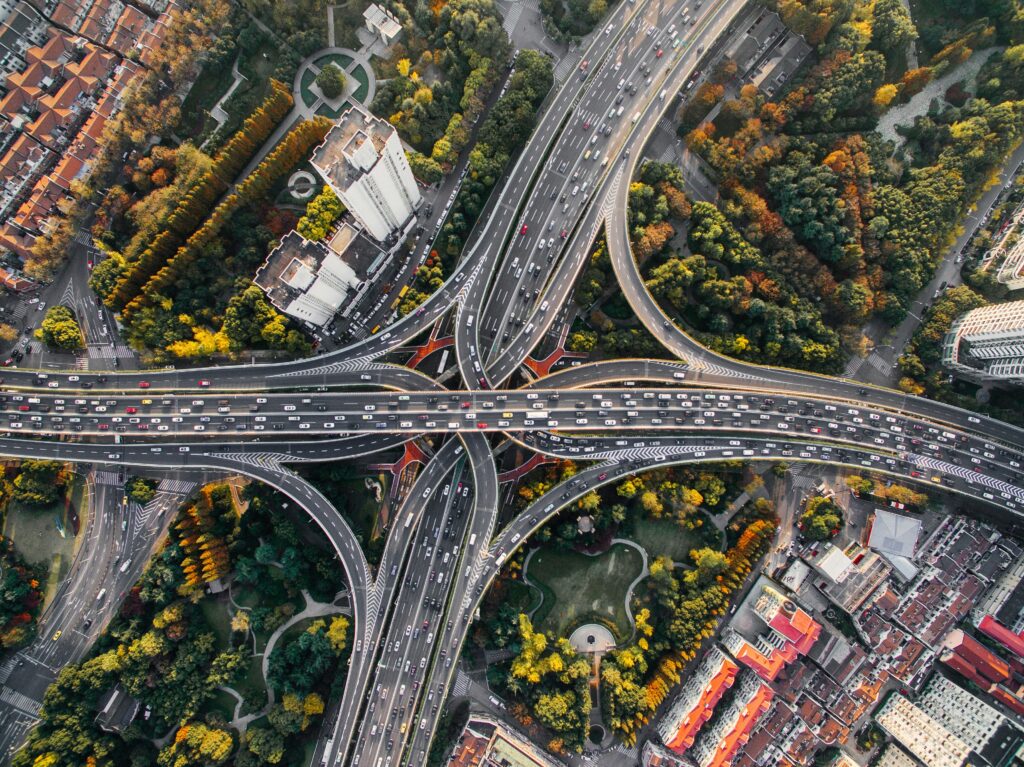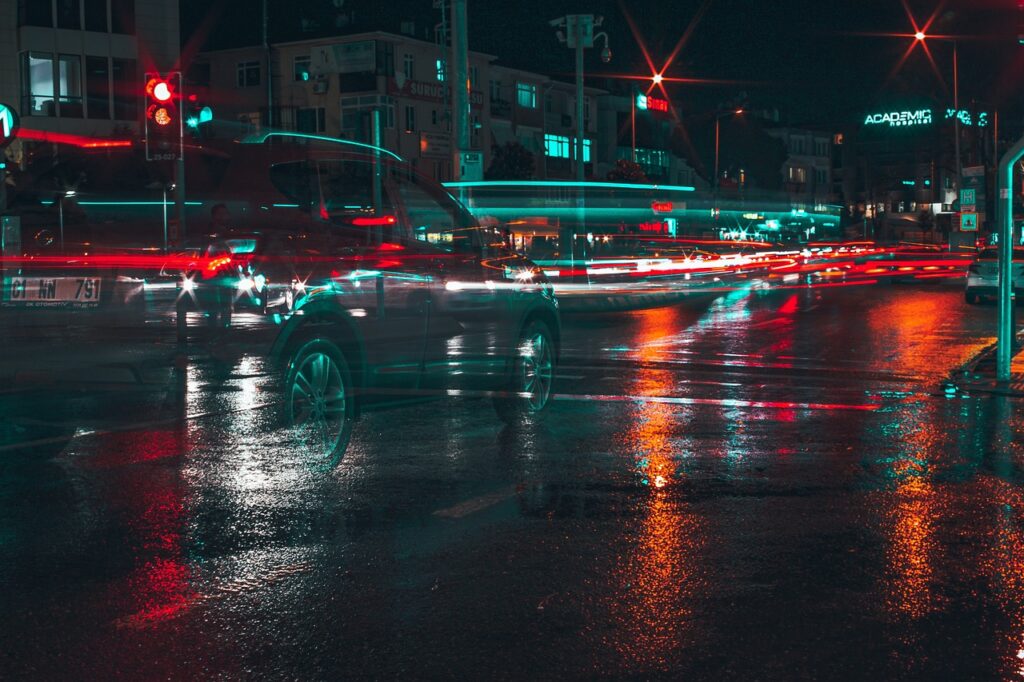From the outside this looks like an abuse of power, and thus the merger between Tesla and SolarCity is not being received well at all. What is happening is that Musk who owns about 20 percent of SolarCity and Tesla appears to be trying to rescue his investment in SolarCity by having Tesla buy it. With the influx of very cheap solar panels from Asia, coupled with lowered subsidies for solar panels that market has been ugly of late. There don’t appear to be any obvious synergies between Tesla and SolarCity other than electricity, so it looks a lot like self-dealing and the Tesla investors for the most part aren’t amused.
Let’s look at how it should have been presented and why it likely doesn’t make sense
Perceptions Are Reality
There is a lot that goes into selling an idea like this and clearly that wasn’t done. Typically, you have to showcase why there is synergy between the two companies—in other words why they both would be better together than separately. For SolarCity that was easy, if this isn’t done it will likely go under (its financials are ugly). But what value is there for Tesla?
A possible solution to this might have been to showcase one of the big problems with electrical cars, which is overloading transformers at night when there are a high number of cars on one transformer at the same time. If enough people on a transformer happen to arrive home at the same time and plug in their cars you, in theory it could blow up the local transformer. This not only makes it so neither you nor your neighbors can watch TV, cook, or even run an air conditioner, but you end up with uncharged cars the next morning. That means you likely either have to take a sick day or explore public transportation for the days or weeks it takes to replace the transformer, only to blow it up again when the same thing happens the very next night.
Solar cells coupled with big solar batteries could mitigate this exposure enough to save the food in your refrigerator and your job because you could run your house even if one of your neighbors blew out he transformer.
Presented that way as a solution it might have received a more favorable response.
However…
The problem is that solar panels coming out of China are incredibly cheap at the moment, and power companies are increasingly balking at buying back power—which eliminates some of the financial returns. Add to this that the Republicans, if given a chance, would love to kill the subsidies and you’d likely conclude it would be vastly safer to partner with a solar panel company rather than buy one. Even with subsidies the kind of solar and battery solution you’d need would likely approach or exceed $30K and this would be on top of one of the most expensive cars already in market.
This deal is on top of Elon Musk’s mega-battery plant based on aging technology, and his home battery effort—both of which were already kind of iffy.
It also makes it look like Musk is self-dealing which is problematic for Tesla. Because so many people don’t like this idea and Musk will personally benefit, the question of ethics comes up and that could haunt his image and the image of Tesla if it isn’t addressed quickly.
Finally, any benefit from the merger could likely be had just from a partnership between the firms, or better, a partnership between Tesla and a solar company out of China as the result would be far more affordable for buyers and likely have bigger margins due to lower costs for the Chinese panels—likely because the Chinese government would subsidize them (China still has a lot of excess manufacturing capacity).
Wrapping Up:
This is an ugly merger. The case really wasn’t made for it either before or after the announcement and the connection of Musk to both firms creates the impression of self-dealing. The end result is the attempt is more likely to fail and create a substantial amount of distrust for Musk’s motives which could damage all of his efforts significantly.
This showcases both the critical need to present these things in the best light and to avoid moves that have conflicts of interest even if the idea came from someone else, which doesn’t appear to be the case this time. In the end this may not help SolarCity much, and it could do a substantial amount of damage to Tesla’s ability to execute. On its face it is both counter-intuitive and counter-strategic.
- The Blacklist Paradox: Why the Pentagon is Threatening its Only Working AI - February 24, 2026
- AMD’s New Secret Weapon: Why Ariel Kelman is the Right CMO for the Age of the Viral Underdog - February 16, 2026
- Anthropic’s Legal Reaper: Why the Death of the Middleman Is Now a Certainty and Your Industry Is Next on the Menu - February 6, 2026



